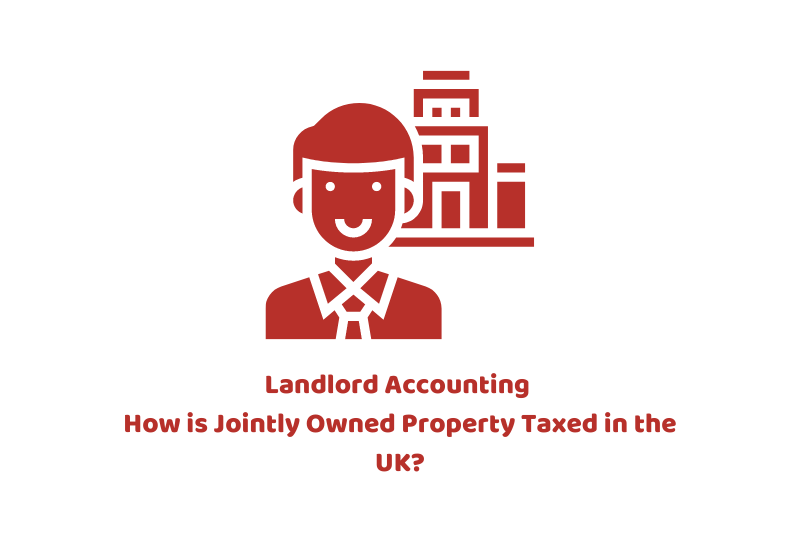The steady increase in house prices in the UK have made owning a property increasingly difficult. That’s why a lot of individuals jointly own properties to earn rental income. Rental incomes are subject to tax. Due to rising house prices; joint ownership of wealth is becoming common. The rental income of the jointly owned property is taxed. It can be a significant outgoing in case of higher-income features. In this post, you will learn how to pay rax on jointly owned properties in the UK.
Jointly Owned Properties — Tax Implications
HM Revenue and Customs (HMRC) taxes rental income received from one or more properties based on the share of ownership. The landlord’s rental income on jointly owned properties calculated on the percentage of the purchase. A simple example will clarify how HMRC charge tax on jointly owned properties.
Example
Suppose that Alli and Pickford are friends and invest in a property together. Alli owns 70 percent of the property while Pickford owns the remaining 30 percent.
The property is rent out, and the rental income amounts to £30,000 and allowable expenses amount to £15,000, which results in a net profit of £15,000. The share of profit for each partner is as follows.
Alli (70 percent): £21,000
Pickford (30 percent): £9,000
The tax on rental income of jointly owned property calculated according to the rental income of each partner. You should consult with a professional landlord accountant in London to know precisely how rental income is in your case.
Tax on Jointly Owned Properties in Case of Married Couples
In case married or civil partners jointly own the property, the default share of each partner is 50 percent. This percentage is irrespective of what each partner receives, which may not be the most efficient way to tax the rental income.
Example
Suppose that Beckham and Louise are a married couple. They jointly own four properties that they let out. The rental profit amounts to £40,000 per year. Beckham is an additional rate taxpayer as owns a fashion store. Louise works part-time in a clothing shop and is a basic rate taxpayer as she earns £45,000 a year. The rental income will split equally, and each spouse will receive a pension of £20,000, which will tax according to the income of each partner.
Beckham will pay £9,000 (£20,000 * 45 percent)
Louise will pay £4,000 (£20,000 * 20 percent)
Married couples and individuals in a civil partnership can override the default equal ownership of joint property. They can elect to pay tax according to the actual purchase in a feature by submitting a Declaration of Beneficial Internist, Form 17. The partners who own the property with unequal shares pay tax according to actual stock in the joint estate.
The partners need to give a proof of why they should pay tax according to unequal shares instead of default ratio of 50:50.
Example
Let’s suppose that Hunt and Rowan are married couples and own two properties which they let out. Hunt owns 60 percent of the property while Rowan owns the remaining 40 percent of the property. Both pay tax at the basic rate.
Assume that the net income from a rental property is £10,000. In the default case, each partner will pay tax on £5,000.
However, if the partners submit Form 17 that is accepted by HMRC, the share of each partner that will be taxed will be as follows.
Hunt (60 percent): £6,000
Rowan (40 percent): £4,000
In this situation, Hunt will pay £1,200 tax on rental income, while Rowan will pay £800 tax on the rental income of the jointly owned property.
The ownership of the property can be changed to minimize tax on rental income. The property transfers between partners on a no gain/loss basis. Their share of ownership changes in a way that could reduce the tax amount.
However, the transfer of property ownership involves certain risks. You should consult an experienced landlord accountant in London to know how to transfer a share of jointly owned properties between partners legally. The consultation will help avoid any unintended legal repercussions due to not meeting the required rules for the transfer of property ownership.





















































